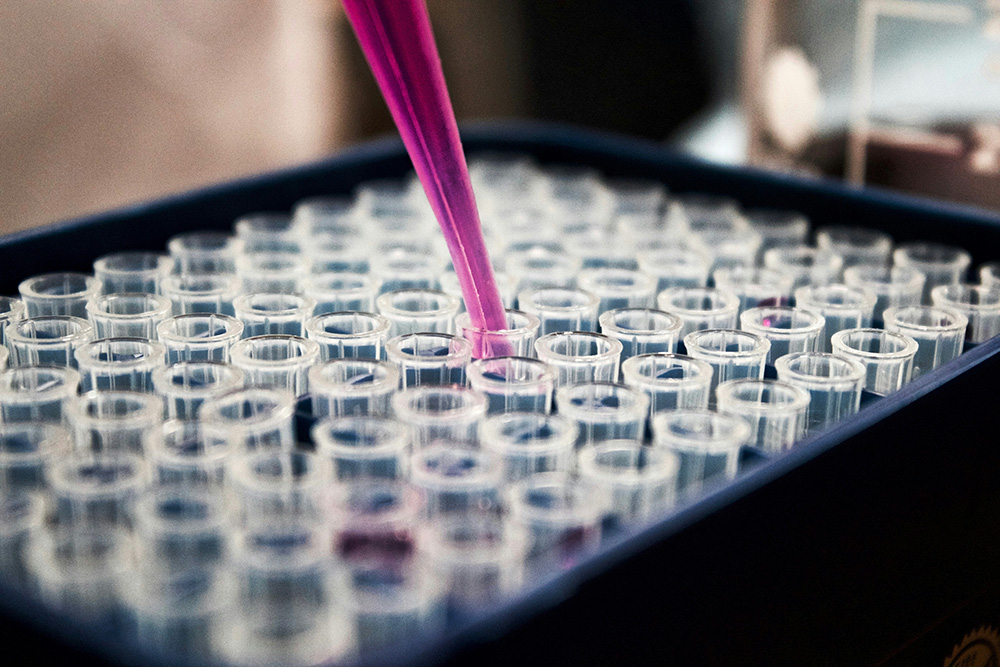

In any organisation, accuracy and reliability are crucial. ISO/IEC 17025:2017 is an important international standard. It sets clear rules for how testing and calibration laboratories should work to produce valid results. This accreditation builds trust with consumers, businesses, and regulators.
For organisations wanting to improve their credibility and efficiency, accreditation to ISO/IEC 17025 can be a game-changer.
ISO/IEC 17025 is an international standard outlining the core rules for labs that perform testing and calibration. Unlike other quality management frameworks, this one is specific to laboratories, helping ensure accuracy and consistency in results. Since its update in 2017, ISO17025 now includes rules focusing on technical competence and a strong quality management system. This ensures organisations reach and keep high standards.
When a laboratory gains ISO17025 accreditation, it means an accreditation body has confirmed its abilities: the lab meets key standards to deliver reliable results. The confirmation creates trust in various industries and among service users who depend on laboratory accreditation as a mark of quality.
Not following ISO17025 puts laboratories at risk and can affect the credibility of their results. Labs without accreditation may lack proper checks to find and fix weaknesses. This can lead to inconsistent results, which is particularly concerning in areas like social care, healthcare, and manufacturing, where mistakes can have serious effects.
ISO17025 accreditation makes sure that a lab’s processes follow international standards, producing consistent and valid results. Labs without accreditation can produce results that are less reliable, harming trust, compliance, reputation, and overall business.
For organisations, investing in ISO/IEC 17025 accreditation provides several critical benefits, making it a worthwhile investment for laboratories focused on quality, efficiency, and trust.
Achieving accreditation signals an organisation’s strong commitment to technical competence and precision. For clients, regulators, and stakeholders, this provides assurance that the lab follows a globally recognised standard and consistently delivers valid results.
With ISO/IEC 17025 recognised internationally, accredited labs earn a solid reputation for quality and accuracy. This reputation not only draws clients who need dependable test outcomes but also reinforces long-term relationships, as clients and partners gain confidence in the lab’s proven quality standards.
By adhering to ISO/IEC 17025 standards, laboratories can streamline their operations, reduce errors, and achieve a more efficient workflow. The standard’s emphasis on a quality management system and regular gap analysis ensures that processes are optimised, leading to fewer mistakes and reducing the time spent on corrective actions.
This focus on continuous improvement supports an efficient environment where resources are used effectively, ultimately saving both time and money. The improvements brought about by this framework also enhance team performance and make it easier for labs to keep up with advancements in their field.
In a competitive market, accreditation to ISO/IEC 17025 offers laboratories a distinct advantage, especially in sectors where precision is crucial and regulatory requirements are high. Organisations seeking testing and calibration services are more likely to choose labs with ISO/IEC 17025 accreditation, as they can be confident of receiving accurate and reliable results.
Accreditation can also open doors to new market opportunities by meeting industry demands and qualifications that non-accredited labs may not meet, thereby setting accredited labs apart from their competitors.
Laboratories with ISO/IEC 17025 accreditation are well-prepared to comply with both national and international regulations, minimising potential legal issues and ensuring that services meet the highest standards. This is particularly relevant in sectors like social care, healthcare, and environmental monitoring, where testing must meet strict guidelines to protect public welfare.
By demonstrating alignment with industry regulations, accredited labs reassure clients and consumers of their commitment to safety, compliance, and quality. Additionally, compliance with ISO/IEC 17025 standards can help laboratories avoid costly legal challenges and regulatory penalties.
Many organisations also pursue ISO 9001 for overall quality management systems. ISO 9001 focuses on improving all quality processes within a company, encouraging better customer satisfaction. Together, ISO/IEC 17025 and ISO 9001 create a strong framework that supports reliable quality.
Proficiency testing, a key part of ISO/IEC 17025, also confirms a lab’s ability to produce reliable results. Through proficiency testing, labs show they can perform tests accurately and maintain technical competence in various testing situations.
A key benefit of ISO/IEC 17025 accreditation is that it encourages cooperation across borders. As a globally recognised standard, it builds trust between labs in different countries. This means they can accept each other’s test results, which is vital for industries that rely on accurate testing and calibration across international supply chains.
For organisations wanting ISO/IEC 17025 accreditation, the process requires knowledge and expertise. SYTECH is a trusted partner in guiding labs from assessment to full compliance.
SYTECH’s team provides support with quality management systems, gap analysis, and technical readiness for laboratory accreditation. Our consulting approach is customised to meet both general and specific needs, ensuring that clients achieve accredited and valid results.
SYTECH has a strong history of delivering consulting services that help labs excel in quality management and accreditation. With a record of successful projects, SYTECH has become a leader in helping organisations meet ISO standards and reach their goals.
If you’re ready to work toward ISO/IEC 17025 accreditation, contact SYTECH today.